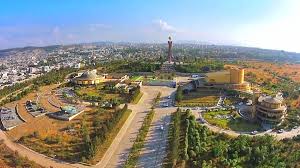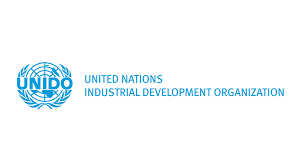
ADDIS ABABA – The Addis Ababa City Administration has introduced 100 electric buses to enhance urban mobility, encourage private sector involvement, and support the nation’s long-term transportation strategy.
The decision aims to alleviate the longstanding transportation challenges faced by city residents.
During the launch event, the Addis Ababa City Transport Bureau Head Yabibal Addis yesterday emphasized that this initiative exemplifies the implementation of a public-private partnership (PPP) in the transport sector, as a private company is responsible for the service operation.
“The government has decided to collaborate with the private sector in the transportation sector,” Yabibal stated. “Furthermore, the city government plans to increase the number of electric buses in the coming years.”
The transport sector remains a focal point for the city administration. To address its challenges, the administration has been working to modernize the system and enhance efficiency through strategic partnerships with the private sector.
Since the implementation of recent reforms, the city administration has expanded the number of buses from 610 to 1,170, adding 827 buses and facilitating the daily transportation of 1.1 million people. In total, across all available transportation means, approximately 3.7 million residents commute daily, according to Yabibal.
To further modernize transportation infrastructure, the city administration has been developing roads, terminals, bicycle lanes, and parking lots.
“So far, the government has built 154 parking lots and 39 terminals,” Yabibal added.
Speaking at the event, Addis Ababa City Mayor Adanech Abiebie stated, “We have acquired these electric buses to ease the burden on citizens,” highlighting the ongoing challenges residents face in accessing reliable transportation.
“The transport sector remains one of our top priorities,” the mayor emphasized.
Six months ago, the administration introduced 150 electric mini-buses into the system, further advancing sustainable transport solutions.
Before the reform, transport infrastructure coverage was below 20 percent. However, with recent developments, this figure has increased by 10 percent. Additionally, the number of terminals and parking lots has grown tenfold, the mayor elaborated.
Similarly, Alemu Sime, Minister of Transport and Logistics, stressed the importance of shifting towards renewable energy-powered vehicles. He noted that the government has taken measures to reduce reliance on fossil fuels and called on investors and private sector stakeholders to engage in the transport sector, following the example of companies like Belayneh Kindie Group.
With these strategic initiatives, Addis Ababa aims to create a more sustainable and efficient urban transport system while fostering public-private collaboration.
BY DANIEL ALEMAYEHU
THE ETHIOPIAN HERALD WEDNESDAY 2 APRIL 2025





